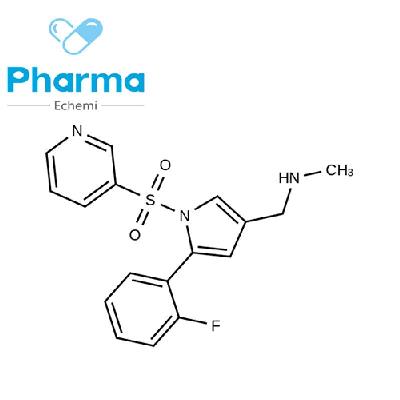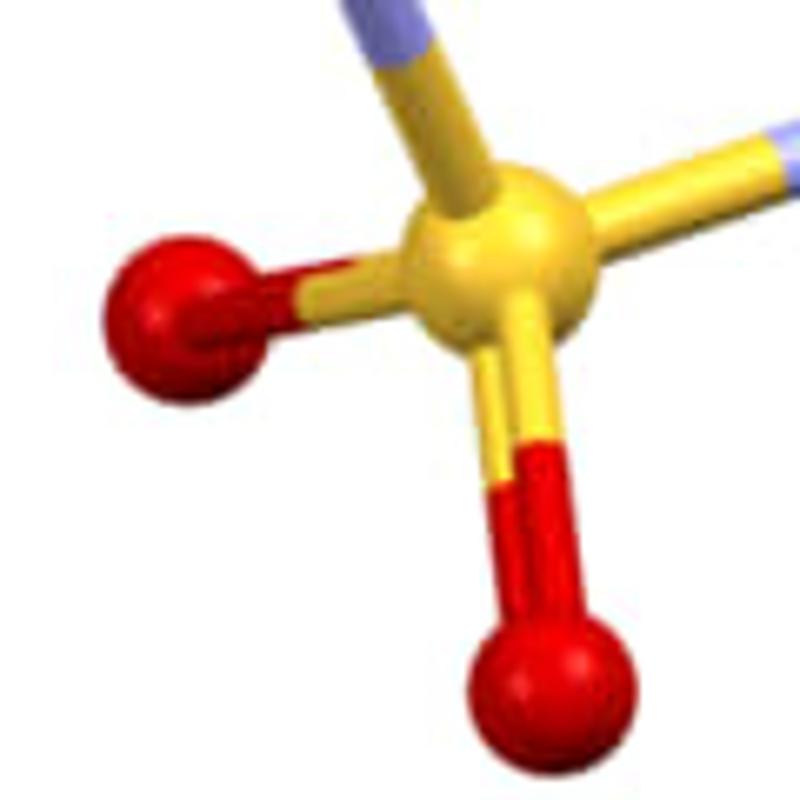-
Categories
-
Pharmaceutical Intermediates
-
Active Pharmaceutical Ingredients
-
Food Additives
- Industrial Coatings
- Agrochemicals
- Dyes and Pigments
- Surfactant
- Flavors and Fragrances
- Chemical Reagents
- Catalyst and Auxiliary
- Natural Products
- Inorganic Chemistry
-
Organic Chemistry
-
Biochemical Engineering
- Analytical Chemistry
-
Cosmetic Ingredient
- Water Treatment Chemical
-
Pharmaceutical Intermediates
Promotion
ECHEMI Mall
Wholesale
Weekly Price
Exhibition
News
-
Trade Service
This article is from NEJM Journal Watch
Which Vasoactive Medications Are Most Effective for Hepatorenal Syndrome?
Which vasoactive drugs are most effective for hepatorenal syndrome
Reviewed by Hila Calev, MD, Daniel D.
Dressler, MD, MSc, MHM, FACP
Terlipressin, recently approved by the US FDA for this indication, promotes reversal of hepatorenal syndrome (HRS) and reduces mortality, while norepinephrine can only promote HRS reversal
.
Patients with cirrhosis who develop HRS have few treatment options other than intravenous albumin, and many clinicians in the US have turned to vasopressor combination therapy (midodrine + octreotide)
with limited supporting evidence.
Although terlipressin and norepinephrine show some promise in reversing HRS (N Engl J Med 2021; 384:818), but trials comparing drugs directly were small and unclear
.
In a network meta-analysis of 26 randomized trials of 1,736 patients with type 1 hepatorenal syndrome, investigators evaluated terlipressin, norepinephrine, and midodrine + octreotide
.
The results compared to placebo are as follows:
- Terlipressin and significantly higher HRS reversal rates (risk difference, 14%; Number of people requiring treatment, 7; high-certainty evidence) and significantly lower mortality (risk difference, 9%; Number of people requiring treatment, 11; low-certainty evidence) correlated
. - Norepinephrine was associated with significantly higher HRS reversal rates (risk difference, 11%; Number of people requiring treatment, 9; low-certainty evidence), but mortality was similar
. - Midodrine + octreotide was associated with (but not significant) with higher HRS reversal rates (risk difference, 7%; very low-certainty evidence), but mortality was higher (risk difference, 10%; Very low-certainty evidence).
comments
This analysis provides some support for the use of norepinephrine for HRS and strong support for the use of terlipressin, which was recently approved for this indication in the US.
The analytical data highlighted the inconsistent and lacking
evidence supporting the use of midodrine + octreotide.
Therefore, when resources (including intensive care unit beds) permit, US clinicians may prioritize norepinephrine over midodrine + octreotide combination, and terlipressin
once available in the hospital.
Articles that are commented on
Pitre T et al.
The comparative effectiveness of vasoactive treatments for hepatorenal syndrome: A systematic review and network meta-analysis.
Crit Care Med 2022 Oct 1; 50:1419.
(https://doi.
org/10.
1097/CCM.
0000000000005595)
NEJM Journal Collection
Published by NEJM Group, NEJM Journal Watch invites internationally renowned doctors to review important papers in the medical field to help doctors understand and apply the latest developments.
NEJM Medical Frontiers is translated several times a week, published on the app and official website, and selected 2-3 articles are published
on WeChat.
Copyright Information This article is translated, written or commissioned
by Jiahui Medical Research and Education Group (J-Med) and the New England Journal of Medicine (NEJM).
The full Chinese translation and the figures contained therein are exclusively licensed
by NEJM Group.
If you need to reprint, please leave a message or contact nejmqianyan@nejmqianyan.
cn
.
Unauthorized translation is an infringement and the copyright owner reserves the right to
pursue legal responsibility.







